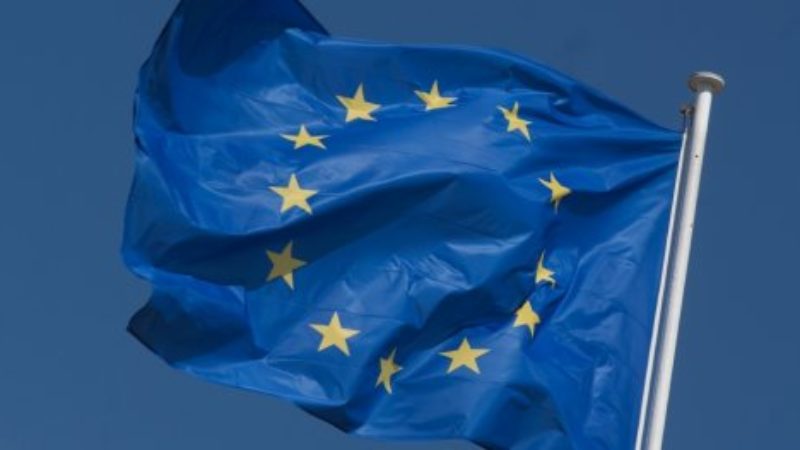
German Chancellor Angela Merkel, Italian Prime Minister Mario Monti and newly elected French President Francois Holland will meet in Rome on the 22nd of June, ahead of the 28thJune summit in Brussels. It is worth thinking of what might happen before then. The €100bn allocated to Spain will have probably given a bit of oxygen to the country’s wrecked banks. Greece will have gone to the polls with Syriza, the left wing party, having already announced that, in case of victory, it will scrap the austerity plan agreed with Brussels. Should that be case, financial investors will be betting on which country will next be teetering on the edge of leaving the Eurozone.
There is no peace in sight for Europe.
The Spanish deal does not prevent Spain from a bailout. Mariano Rajoy kept avoiding the word ‘rescate’, rescue: he preferred using euphemisms, claiming that the €100bn loan was Europe’s victory, not its failure – failure to guarantee prosperity, and control over banks’ irresponsible speculations. The hashtag #marianocobarde, ‘Mariano coward’ went viral on twitter, with Spanish people realising, along with everyone else in Europe, that a ‘rescate’ brings no real benefits to the real economy. While avoiding bankruptcy of the financial markets – with people running to cashpoints to take out all their money – is essential, we must remember that, once rescued banks do not return the favour. Banking crises are much deeper than normal recessions and take much longer to recover from. Banks thrive where the market is not stifled by politics but politics plays its crucial part: creating an efficient market, with robust regulations to curb the excesses of the previous lax years. Tools like the Tobin Tax and severe limits to speculators need to be imposed on the credit system in exchange for financial rescue
What I think needs to be avoided is the so-called ‘domino effect’. Were Italy be the next in line, the European Stability Mechanism would probably need to pay two or three times what it has paid to rescue Spain. Therefore, it is crucial for the EU to move into a new era, way beyond its attachment to austerity and ‘fiscal compact’. I believe the proposal presented by Mario Monti, the ‘Golden Rule’, which aims to exclude public investments from the computation of the deficit, is a sensible one. I also applaud the fact that in France Hollande is planning to hire 60,000 teachers as part of a general drive to create growth through jobs policies. Meanwhile, Germany is demonstrating sound long term vision in the way it has dealt with the latest collective contracts for skilled workers in the mechanical industries, guaranteeing them a 4% increase in salary. European leaders are realising how crucial it is to invest in growth as the way forward. Together with all this, Germany is leading the way to stronger fiscal integration, something like the US model, where revenues are collected from both individual states and the Internal Revenue Service Federation. So if one American state is going through a financial crisis, the money for its pensions is still covered by the central government. The feared side effect, if this happens in the EU, Germany, for example, would have control over what is happening to Brittany, but this is probably the only way forward if the EU is to survive.
By the end of the month, we will know whether the Spanish rescue has indeed prevented the domino effect or if it has simply delayed the cascade. And we will know the future of Greece, and whether it will still receive the agreed funding – hopefully with less pressure on its finances.
Most importantly though, the EU will hopefully have taken a further step in its integration, through stronger controls, fiscal union and political decision making to ensure its growth.
At this stage, this is what we in Britain should hope for, for the sake of our businesses and our economy. And maybe, it will educate David Cameron. He might learn what policies for growth are, as he seems to be the only one left to pursue austerity, when the rest of the world has realised that it does not work.



More from LabourList
Key local council elections to watch for clues on our general election chances
Andy Burnham manifesto: Greater Manchester mayor reveals three key election pledges in bid for third term
‘Labour should grasp the chance to secure EU visa deal for young workers’